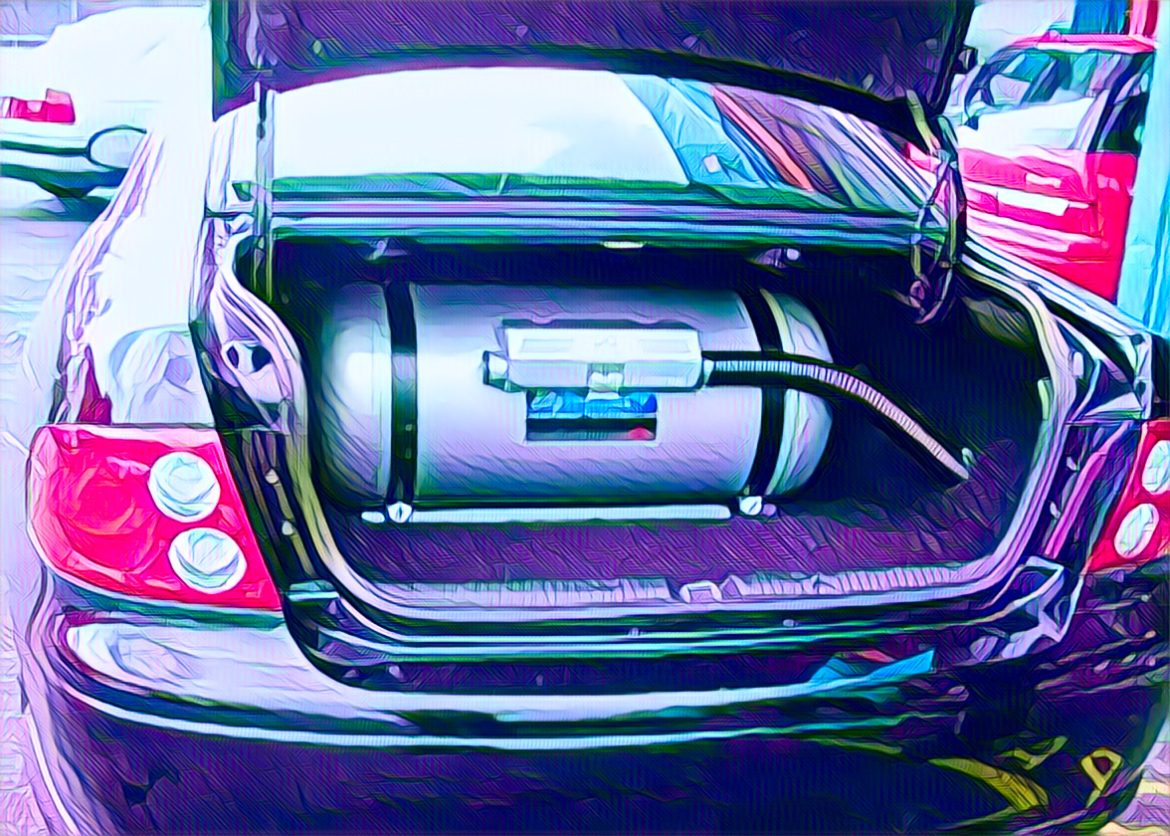KEY POINTS
- Over 100,000 vehicles have been converted to CNG in Nigeria.
- $200 million invested in CNG infrastructure, creating thousands of jobs.
- PCNGi plans to expand conversion centers to 1,000 nationwide.
The Presidential Compressed Natural Gas Initiative (PCNGi) in Nigeria has announced a major milestone, reporting the successful conversion of more than 100,000 vehicles from petrol to Compressed Natural Gas (CNG) since the initiative’s inception last year.
The plan under the presidency of Bola Tinubu is to decrease the usage of expensive petrol in the country and introduce the public to a cheaper and renewable type of fuel.
Significant investment and expansion
PCNGi Project Director and CEO, Engr. Michael Oluwagbemi pointed out in a recent statement that this CNG value chain investment had potential of $200 million and more earmarked to support this sector.
This capital has supported the establishment of 140 conversion centers across Nigeria, a sharp increase from just seven centers in 2023.
Oluwagbemi underscored the growth in CNG infrastructure and employment opportunities linked to this initiative, noting that the recent developments have created thousands of jobs.
“With over $200 million already invested, the sector is generating economic benefits and supporting job growth. As more centers are established, we anticipate further gains for the economy and the environment,” he stated.
Economic benefits amid misconceptions
Despite the success of the conversion program, PCNGi has faced criticism and what it describes as a “toxic debate” in the media. According to Vanguard, PCNGi clarified that choosing CNG over petrol could save Nigeria an estimated $3 billion, while adding approximately $2 billion to the national economy over the coming years.
Addressing concerns around accessibility, PCNGi emphasized that converting vehicles to CNG is achievable and increasingly efficient with the network expansion.
Private sector investments exceeding 2 billion Naira have already helped launch these centers, with projections of an additional 6 to 10 billion Naira required to establish 1,000 centers nationwide.
This growth will enable a broader rollout and offer drivers more convenient access to CNG services, especially in underserved areas.
Safety and infrastructure commitment
After receiving an explosion in Edo State recently which PCNGi said was as a result of poor quality, non-certified CNG cylinders used during refuelling, Oluwagbemi was insistent that CNG is safe when properly handled.
The organization assured that CNG is less explosive than conventional fuels such as petrol and diesel; hence publicizing the advantages of CNG as a better solution.
When faced with fears of older vehicles concerns, PCNGi cited the success of other countries that also have similar fleet compositions successfully implementing CNG Lore, Egypt, India, Iran.
Research conducted in these nations revealed that CNG was better on older vehicles as was the comparative tests on fuel economy and output of emissions.
PCNGi also declared several enhancement plans related to infrastructure for the undertaking, such as the establishment of 75 new daughter stations across Nigeria and a total investment of $ 175 million toward the mother stations.
Moreover, the government has proceeded with 65 new licenses within the last year to continue the initiative’s development for offering CNG access.
The programme started with a government fleet that comprised the Nigerian military and the police service and is prospective for other offices like the Federal Road Maintenance Agency.


